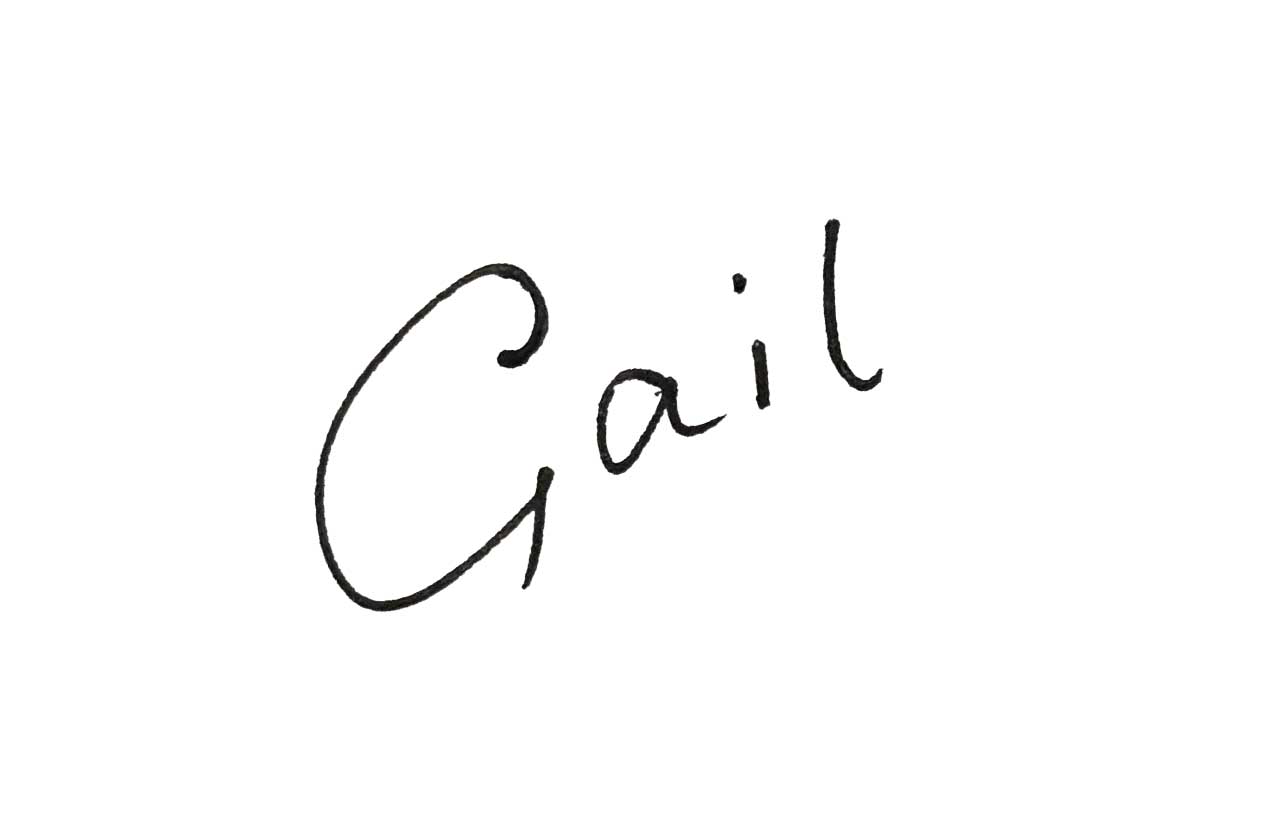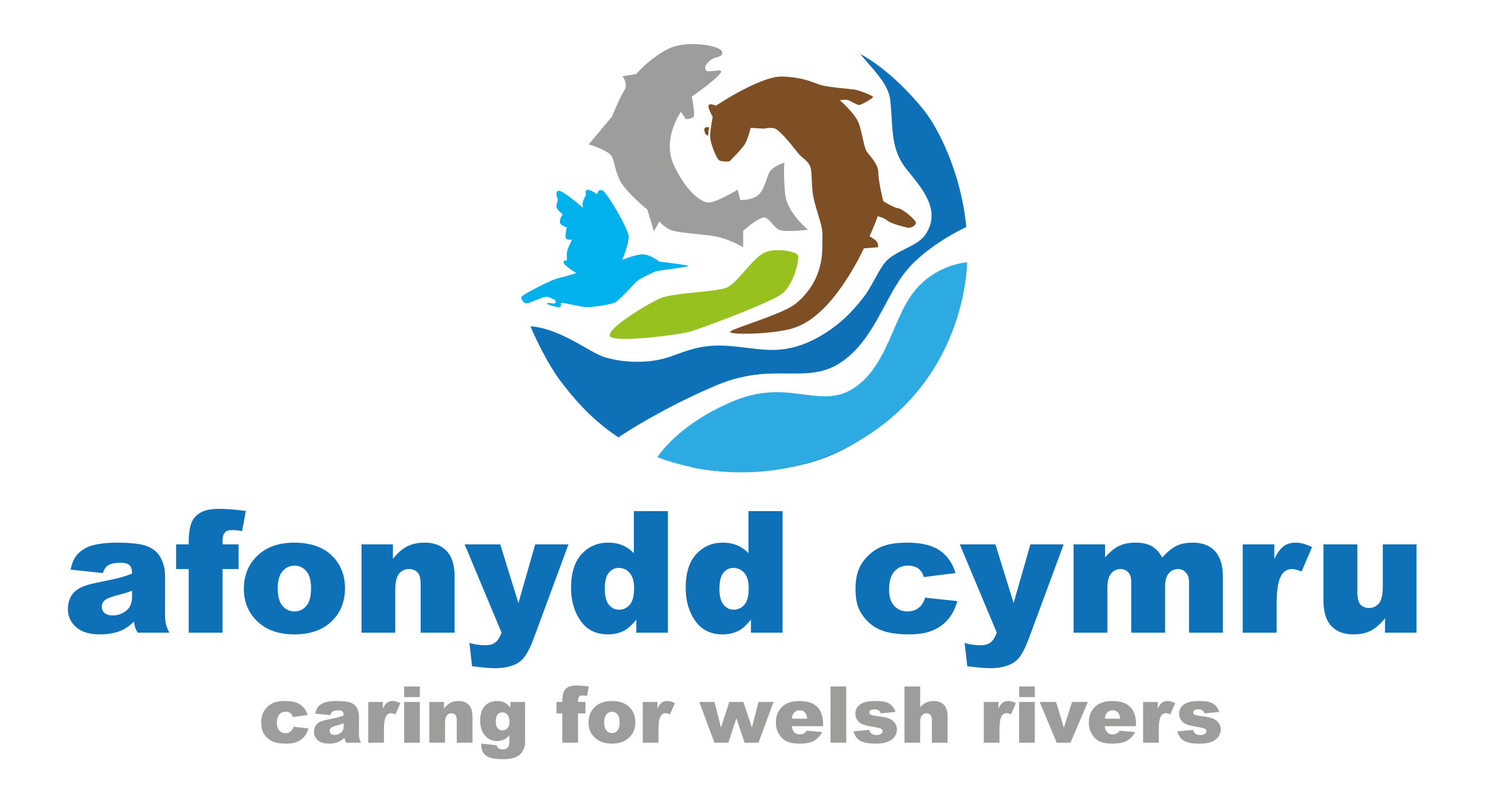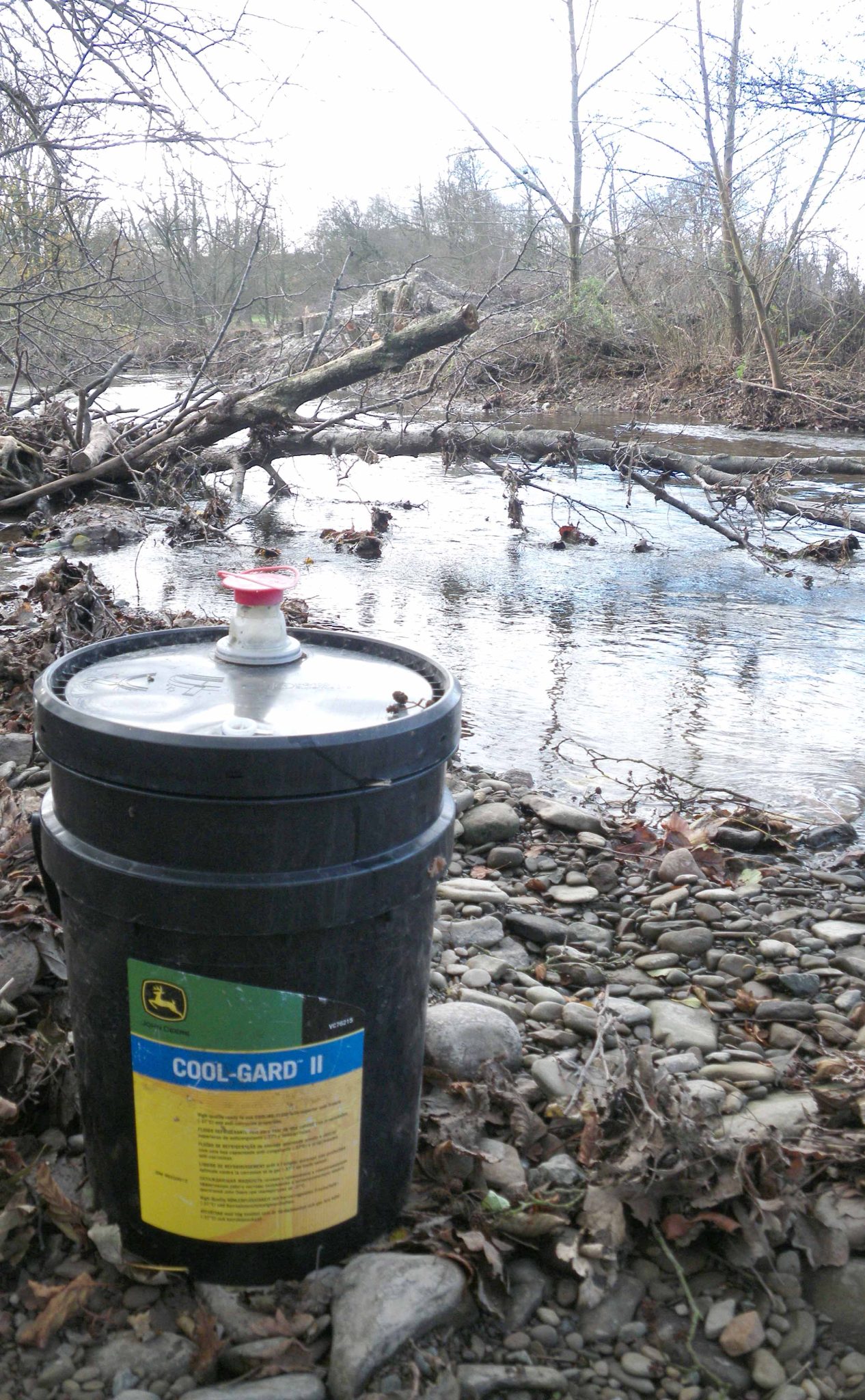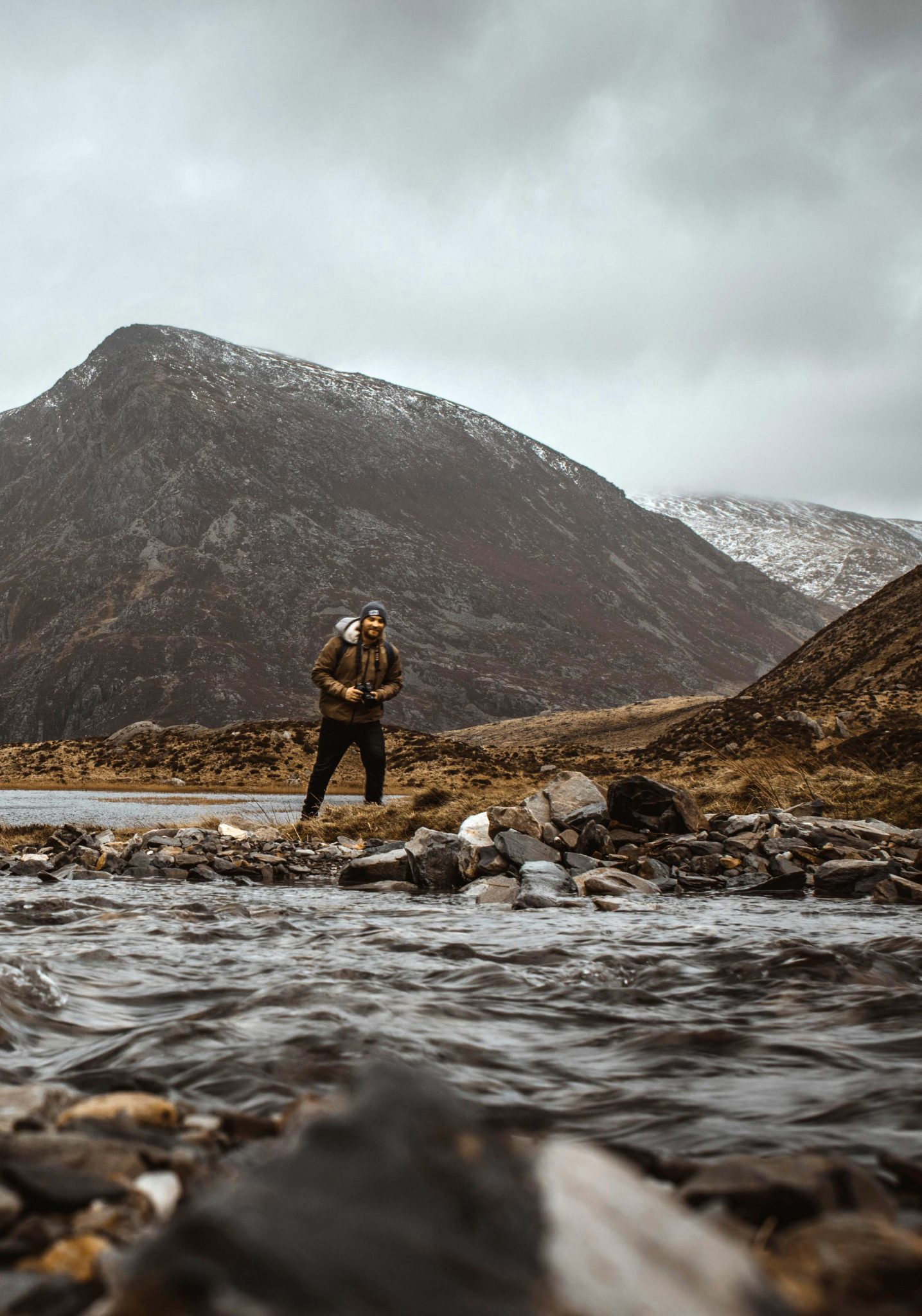Unfortunately, 2023 was dominated by generally negative news for Welsh rivers.
Other than nutrients, the monitoring of and evidence from rivers is so poor that we do not really know what is in them and where it is coming from.
If you are out and about alongside your local river in Wales this Christmas and see something untoward, please let us know by email.
Friday 15th December, 2023
As Christmas looms, I can’t help reflecting on what the last year has revealed. Sadly, it has been a year dominated by generally negative news on the plight of our rivers: poor water quality; more barriers; mountains of tyres, more and more pollution; our salmon now officially classed as endangered for extinction (we didn’t need IUCN to know that) and a crash in biodiversity. And whilst we continue, as a rivers trust movement, to deliver apace on restoration activities across Wales I can’t help reflecting on the fact that the step change I called for last year, hasn’t shown any signs of happening.
It has been a year where there has been considerable focus on water company activity. The impact of sewer overflows has dominated the news. Evidence of non-compliance was brought to us with thanks to Professor Peter Hammond, who we then joined in November to give evidence in Parliament to the Welsh Affairs Committee. In 2023 Welsh Water has not delivered the environmental performance that Wales pays for and deserves. And we, and many others, have challenged and will continue to challenge that performance.
Welsh Water have not delivered the environmental performance that Wales pays for and deserves.
But on the water company side there has also been some positive steps forward. Welsh Water have made a commitment in their Drainage and Wastewater Management Plan that ‘Our rivers and coastal waters should only ever receive treated flows from the sewerage system to protect their biodiversity and ecology,’ and to remove all phosphorus impact by 2032. These are big promises, and complete transparency will be needed for accountability that can be measured and challenged.
For the water industry at least, regulation seems to also be tightening. The Taskforce has delivered against a plan of actions ““ in Wales we now have clear definitions for exceptional rainfall, new permit conditions for all waste water treatment works, new planning regulations for compliance and full flow to treatment. We see a new regulatory process beginning to develop that we expect to tighten and strengthen.
If all impacts from water companies were resolved, water quality in most Welsh rivers would still be poor.
However, the question that remains is – if we remove all water company impact from our rivers, is this enough? And the answer, simply, is no. The Minister for Climate Change last week stated in the Phosphate Summit that 62% of the impact comes from rural land management across Wales, in some rivers even higher (84% in the Eastern Cleddau, for example). Outside of nutrients, the evidence is so poor we don’t even know what is in our rivers and where it is coming from. What does rural land management mean? We could as a nation, and we have at some meetings I have been in, spend hours debating this. We could spend the next 12 months unpicking source apportionment, whether the data is right to what degree of accuracy, and just keep on talking about what the problems are.
The evidence is everywhere. Take a walk over Christmas to your local river, and go and look. We took our Species Champions Huw Irranca-Davies SM and Cefin Campbell SM out last week and we were all horrified by the devastation caused by poor farming practice. It was once the blight of urban, industrial rivers to suffer the human onslaught thrown at them. Whilst they show some signs of recovery from industrial pollution, it is clear that our rural rivers now face a different kind of human onslaught. Even without the added pressures of climate change, there is much too much impact from agriculture. The most frustrating thing here? That it is all quite within our grasp to stop. But, and it’s a big but, some brave decisions need to be made.
2023 was a year in which the environmental sector waited with bated breath for legislation that sent the strong Ministerial signal that we need to see, but which was never delivered. As Wales Environment Link quite rightly points out, we have had a dilution of promised regulations, and one delay after another. The Welsh Government made a commitment to halve nutrient impacts to rivers by 2030 but this commitment should not and cannot be met by the water industry sector alone. So, whilst we ring in the New Year, 2024 must bring a strong accountability and action on all sectors if we are to see the change we need to see.
With the First Minister stepping down in March, next year will be one of political change too. Whoever takes over from Mark Drakeford and whatever reshuffles follow, we must ensure that water pollution and the poor state of Wales’s rivers continues to rise up the agenda.
I hope you manage to get out and about this Christmas. If you do see anything that you think is affecting your local river, please send it to us via email.Â
Nadolig llawen!

More Information:
Welsh Water Manifesto For Rivers In Wales
Drainage and Wastewater Management Plan 2023, Welsh Water
“Evidence of biological recovery from gross pollution in English and Welsh rivers over three decades.” Ormerod et al, 20 June 2023
“Implementing the Control of Agricultural Pollution Regulations.” Wales Environment Link, December 2023
COP15: what’s been agreed, and what it means for Wales.



